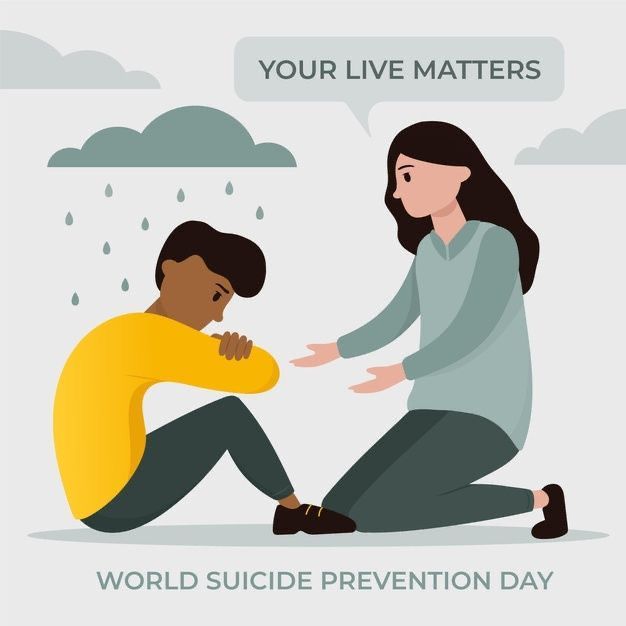Suicide is a complex and devastating issue that affects individuals and families across the globe. While there is no one-size-fits-all solution to preventing suicide, strong parent-child relationships play a crucial role in creating a supportive environment that can reduce the risk of suicide among adolescents.
Communication is Key: Open and honest communication is the foundation of a strong parent-child relationship. Parents should create a safe space for their children to express their thoughts and feelings without judgment. Encourage your child to talk about their emotions, fears, and concerns, and actively listen to what they have to say. This not only helps children feel valued but also helps parents identify signs of distress.
Recognize Warning Signs: Understanding the warning signs of suicide is essential. These may include withdrawal from friends and activities, changes in sleep or eating patterns, increased irritability, or giving away personal belongings. If you notice any of these signs in your child, take them seriously and seek professional help.
Build Resilience: Help your child develop resilience by teaching them problem-solving skills, coping mechanisms, and the importance of seeking help when needed. Resilient individuals are better equipped to handle life’s challenges, reducing the risk of turning to self-harm as a way of coping.
Promote Mental Health Awareness: Foster a culture of mental health awareness within your family. Normalize discussions about mental health, emphasizing that seeking help is a sign of strength, not weakness. Teach your child that it’s okay to ask for assistance when they’re struggling emotionally.
Lead by Example: Parents must model healthy behaviors and coping mechanisms. Show your child that it’s okay to seek therapy or counseling when facing difficulties. Demonstrating resilience and seeking help when needed sets a positive example for your child to follow.
Stay Involved: Stay engaged in your child’s life, even as they grow older and become more independent. Encourage their interests, attend their activities, and maintain a presence in their world. A strong support system can provide a buffer against the challenges of adolescence.
In conclusion, strong parent-child relationships are a fundamental pillar of suicide prevention. By fostering open communication, recognizing warning signs, building resilience, promoting mental health awareness, leading by example, and staying involved, parents can create an environment where their children feel loved, supported, and empowered to seek help when needed. Together, we can work towards a future where the bond between parents and children serves as a powerful shield against the tragedy of suicide.

